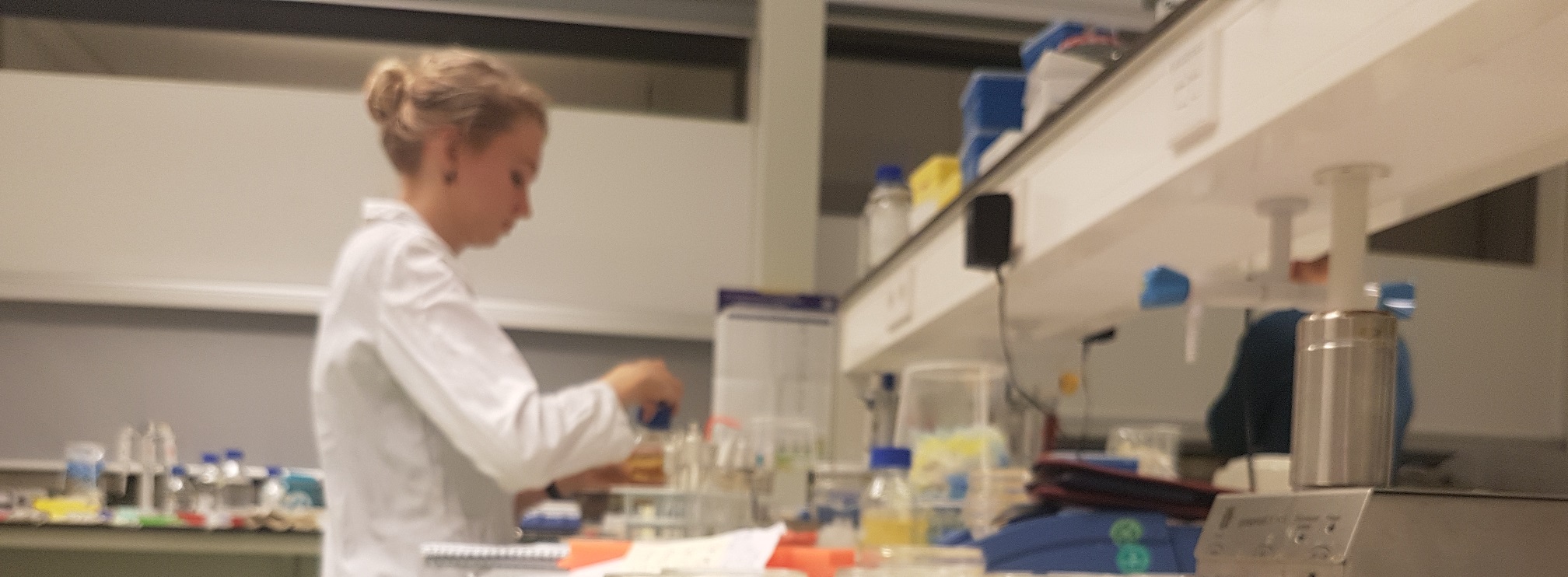Silver
If our product leads to less milk spoilage, would that mean farmers can sell less milk? Would it drive down the cost of milk? During the beginning of our project, we asked ourselves this question. We want our product to be beneficial for everyone. To gain some perspective we shared our worries with two big dairy companies and a small dairy farmer. Everyone was quite clear about this; no! Especially at the factory they told us that the more cheese they can make, the better. If they lose less product, that does not mean they will buy less milk, just a larger profit margin. - iGEM Groningen
During the process of our project development and refinement of our ideas, we discussed with Human Practices experts. In addition to this, we also discussed with an ethics expert, legal experts and a communications expert. Our aim was to ensure that in addition to meeting a current need in the industry, our product would contribute in a positive manner to the world and was safe to use. We wanted to ensure that our product would abide by the current regulations placed on GMO's within the European Union and beyond. Through our discussions with individuals and institutes, we were able to develop a project that is both relevant and safe.
Rathenau Institute - 14 April
At the beginning of our iGEM adventure we were invited by the Rathenau Institute to visit their introduction to the iGEMers "Guide To The Future". The Rathenau Institute is an institute which promotes safe and ethical research. We speed dated Human Practices experts from the Rathenau Institute and RIVM (the National Institute for Public Health and the Environment). Before we attended this event, we decided on making a DNA detection system. We were still unsure on the different aspects of our vision. After evaluating several options, receiving critical feedback and advice from experts in their respective fields we decided to focus on one specific application; a bacteriophages detection system for the dairy industry. We made use of the iGEMers guide during the beginning of our project to explore our human practices opportunities. We also had a skype call with Zoë Robaey about this guide. She helped us with understanding the guide even better and how we should apply it. She also gave some advice on useful contacts and how to design our 'Outbreak !' game.


We used the posters from the iGEMmers Guide To The Future we received from the Rathenau Institute to make our product more graspable and to let the end user seem more alive. We thought of the name of the user, what are his/her hobbies are, what did this person study and what is his/her current job? How does this person think? What are their problems and professional fears? It helped us in thinking about the questions a user could have. This influenced our final cartridge design. We also made a risk map to consider as many risks as possible. We thought of risks from really small ones to ones with a huge IMPACT, as demonstrated in the image.
Jacques Hille - 20 June
To gain insights of the impact of GMOs in the food industry we contacted Dr. J. Hille, a lecturer of Biotechnology course unit at the University of Groningen. Here we discussed the general differences between European and American legislation and the public perception of GMOs in general. Dr Hille was kind enough to give us useful directions and connections, such as Jeantine Lunshof and pointed us towards issues we should take into account before further advancing with our project.ILT
RIVM

Jeantine Lunshof - 22 June

Martin Goedhart & Maaike de Heij - 11 July
Before the meeting with Prof. Martin Goedhart and Dr. Maaike de Heij we tried to unsuccessfully contact multiple dairy factories and farmers. The GMO nature of our system seemed to be the most likely reason for this failure to establish a proper line of communication. Professor Martin Goedhart and Dr. Maaike de Heij gave us great tips on how we should approach companies. After implementing their advice, we were able to achieve successful contact more easily. One of the researchers at a big dairy company was even surprised we were allowed to visit one of their factories!













